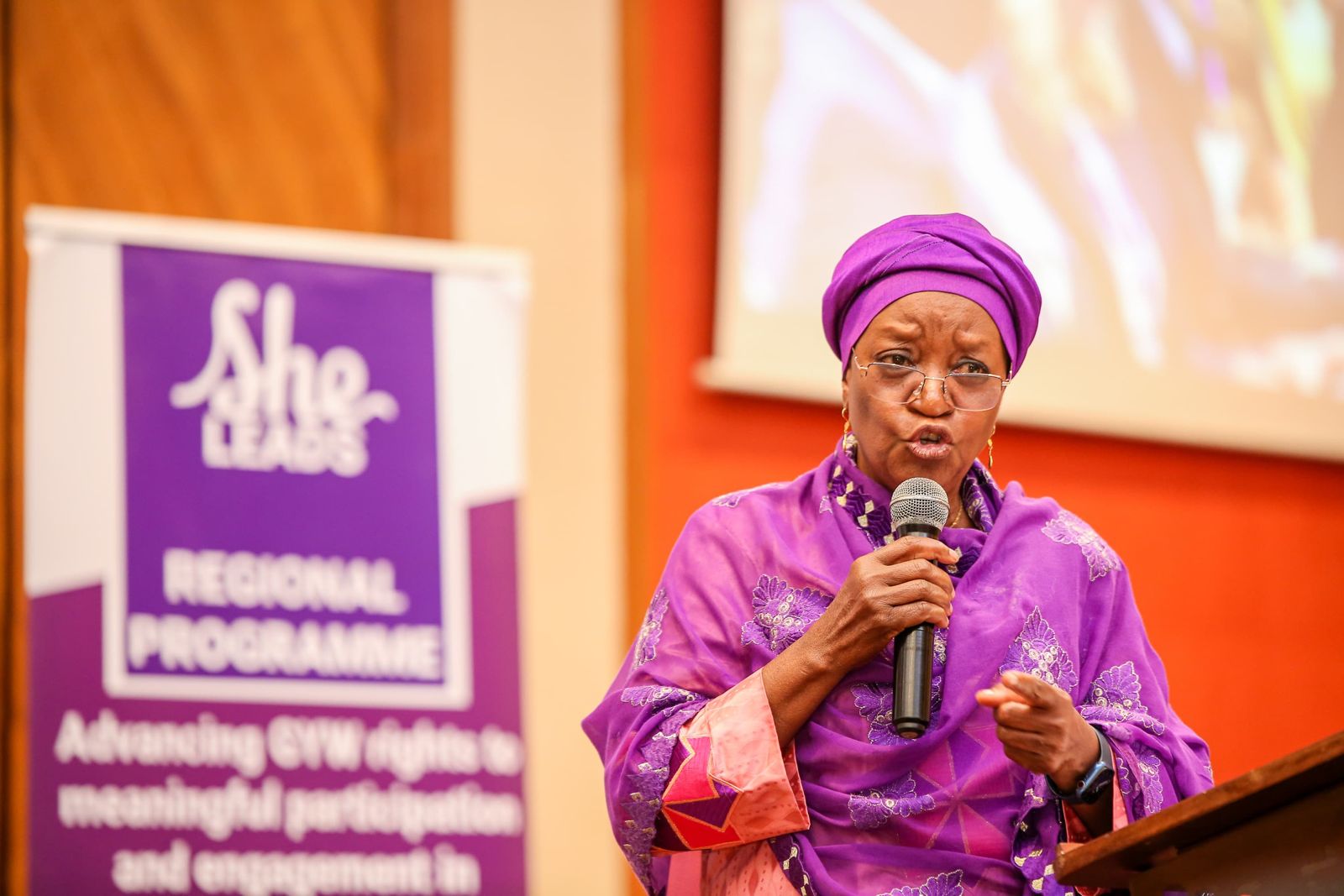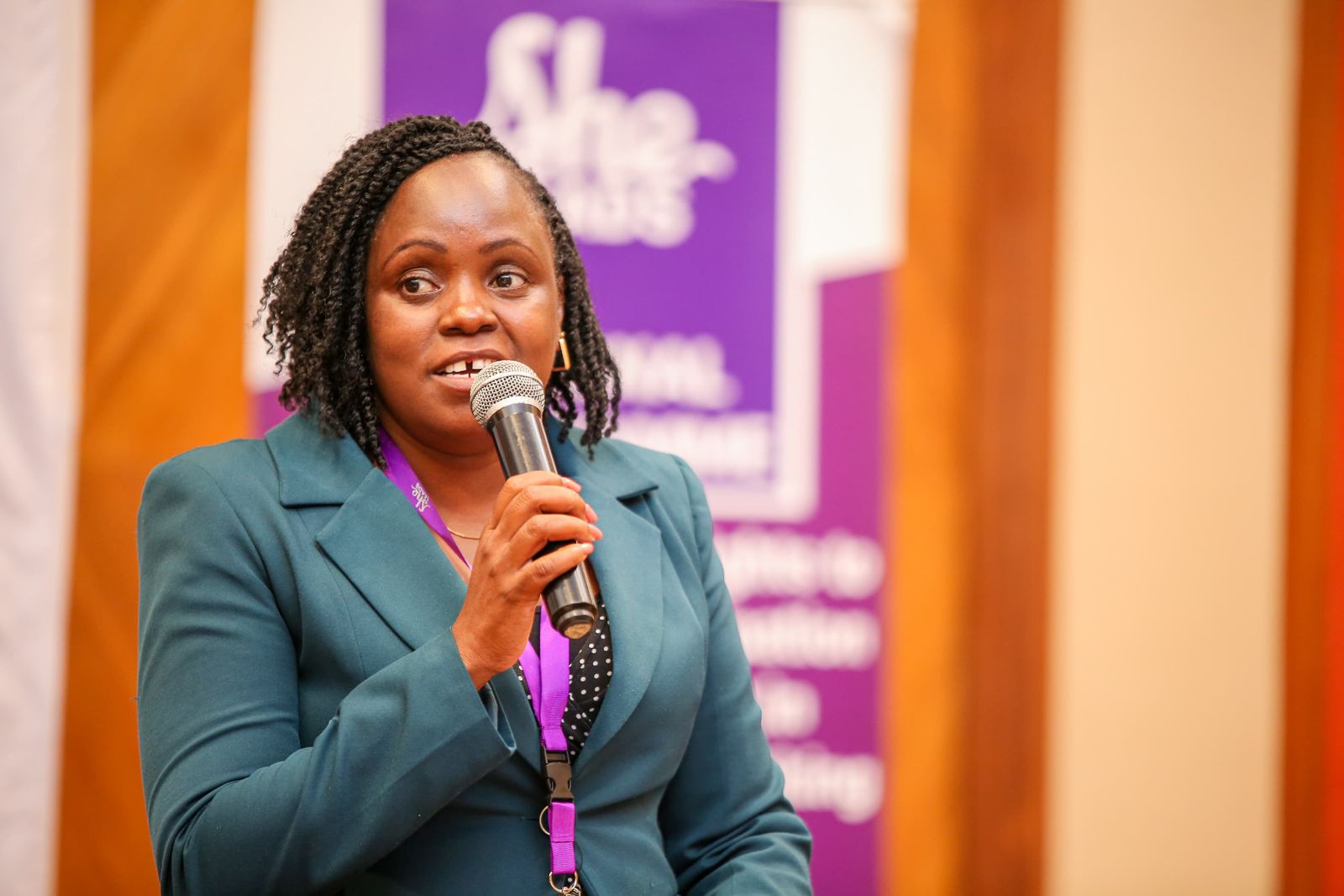

Delegates from across Africa have converged in Nairobi for the She Leads Africa Summit, which runs from August 11 to 13, to address persistent barriers limiting girls and young women’s participation in leadership.
Data from UN Women shows that women hold 23.3% of parliamentary seats in Kenya, 33.9% in Uganda, 23% in Malawi and 18.5% in Madagascar, all below parity targets.
Child marriage rates remain high, ranging from 12.5% in Kenya to 39% in Madagascar, while adolescent birth rates are 43.8 per 1,000 girls in Kenya, 71 in Madagascar, 111.4 in Uganda and 132.2 in Malawi.
Speaking at the opening, UN Director-General in Kenya Zainab Hawa Bangura called for policies that translate into measurable change.
Drawing from her personal experience of avoiding forced marriage at age 12 in Sierra Leone, she said education, skills training and mentorship were critical to breaking cycles of exclusion.
Kenya’s Principal Secretary for Parliamentary Affairs, Aurelia Rono, noted that women now occupy nearly 30% of principal secretary positions, up from a time when women could not independently acquire national IDs. She said gains in representation should result in policy outcomes that impact communities.
Country updates highlighted uneven progress. In Malawi, legal reforms on marriage age have not eliminated early marriage in rural areas. Uganda’s education policy gaps persist in remote districts, while Madagascar shows progress in urban areas but lags in rural ones.
Magdalane Muoki, Country Director of Terre des Hommes Kenya, said girls are already assuming leadership roles, citing Maasai girls in Kilgoris resisting female genital mutilation through self-defence and education, Ugandan youth advocates pushing for anti–child marriage by-laws, and Malawi’s youth networks joining local development committees.
Speakers also pointed to the need for funding and enforcement of laws such as the African Union’s Maputo Protocol and the Convention on Ending Violence Against Girls and Young Women.
The summit’s theme, “Sustaining Girls and Young Women Leadership in Key Decision-Making Spaces in Africa,” reflects calls for sustained collaboration among governments, civil society and communities.














